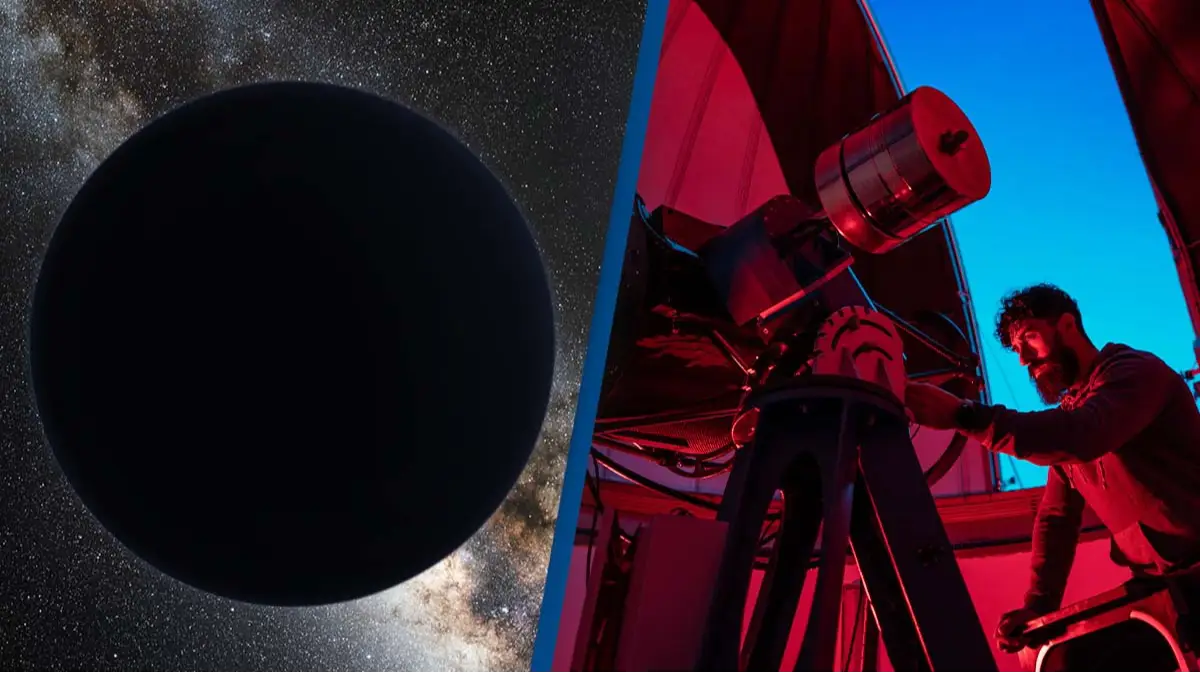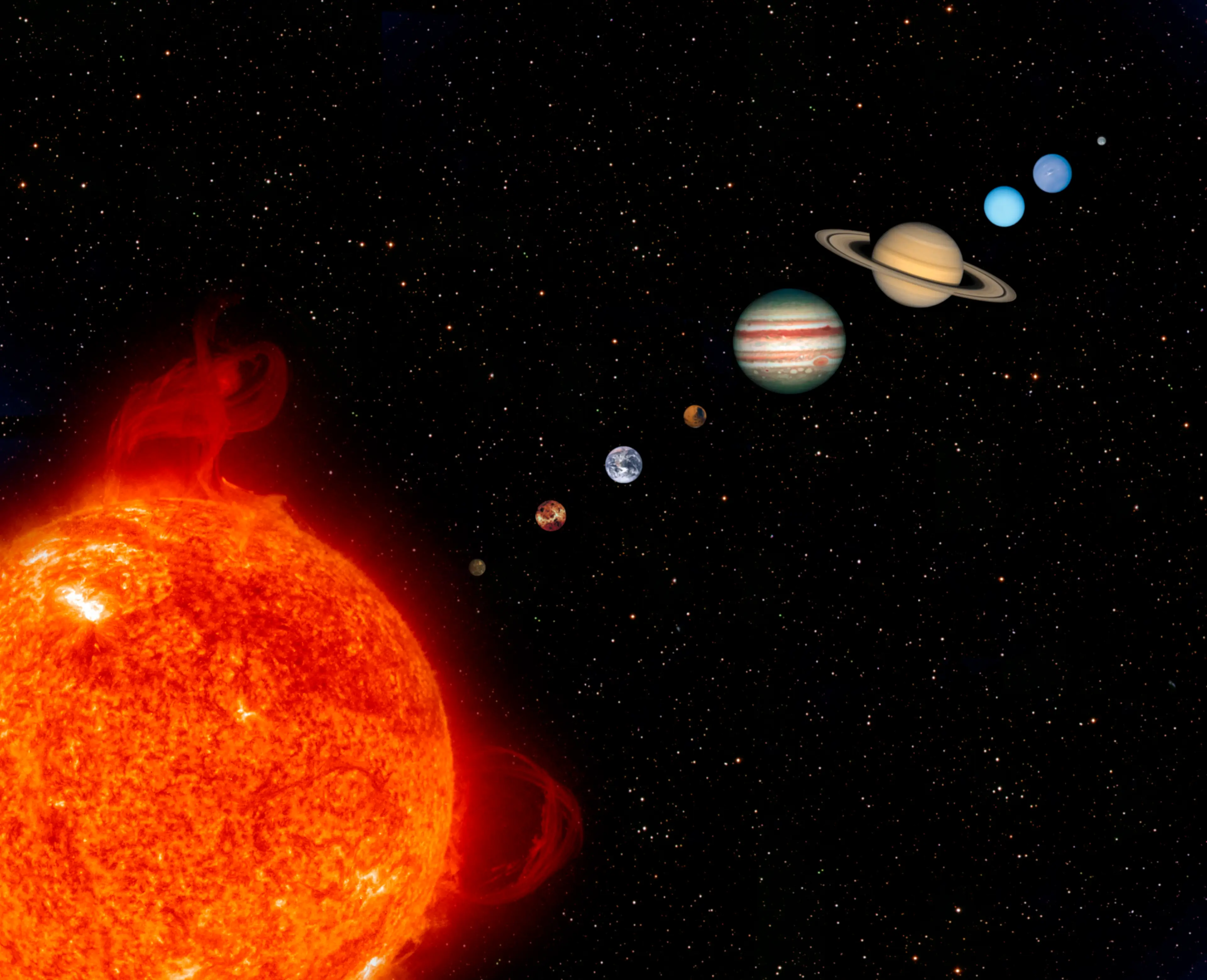
If there's a ninth planet in our solar system, astronomers are determined to find it - and they might even be closing in on its location.
We should really all know the planets that make up our solar system by now. There's Earth, of course, plus Mercury, Venus, Mars, Uranus, Jupiter, Saturn and Neptune.
So that's eight in total (RIP Pluto), but there's a theory out there among astronomers which suggests there could be a mysterious ninth planet, appropriately named Planet Nine, or sometimes Planet X.
Advert
The speculation began in 2015, when two Caltech researchers presented evidence that six objects located beyond the orbit of Neptune were being directed by something with a large gravitational pull.
According to NASA, the hypothetical planet could have a mass about 10 times that of the Earth, and may take between 10,000 and 20,000 Earth years to make one full orbit around the Sun.
The planet could explain the more unusual orbits of some smaller objects located in the Kuiper Belt - a distant region of icy debris - and in a bid to find out more, astronomers have been hunting for the potential planet.

Now, the team from Caltech has submitted a paper to The Astronomical Journal which may help narrow down the location of Planet X.
Using data from the Pan-STARRS1 survey, the researchers were able to to eliminate 78 percent of the places that had previously been given as suggestions for the planet's location.
Sharing their thoughts on why the planet hasn't been found yet, the team wrote: "An obvious possibility, of course, is that Planet Nine does not exist. Such an explanation would require new explanations for multiple phenomena observed in the outer Solar System. Until such explanations are available, we continue to regard Planet Nine as the most likely hypothesis."

So although the new research doesn't actually pinpoint the planet, it does at least narrow the search area, with astronomers still holding on to the belief that the planet might be further out than previously thought.
Dr Micheal Brown, lead author on the study, told Universe Today: "The cluster of the directions of the orbits is the best known, but there is also the large perihelion distances of many objects, the existence of highly inclined and even retrograde objects, and the high abundance of very eccentric orbits which cross inside the orbit of Neptune.
"None of these should happen in the Solar System, but all are easily explainable as an effect of Planet Nine.”